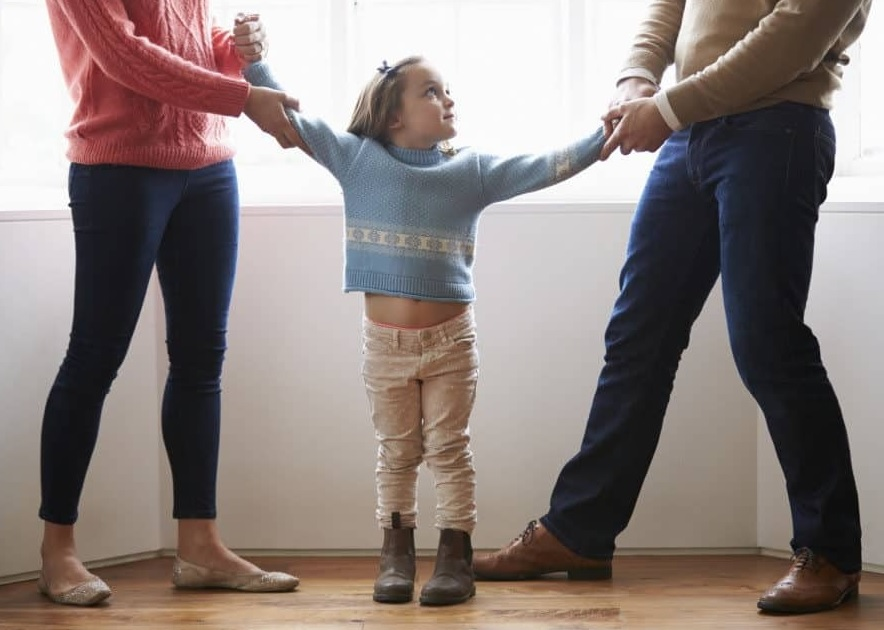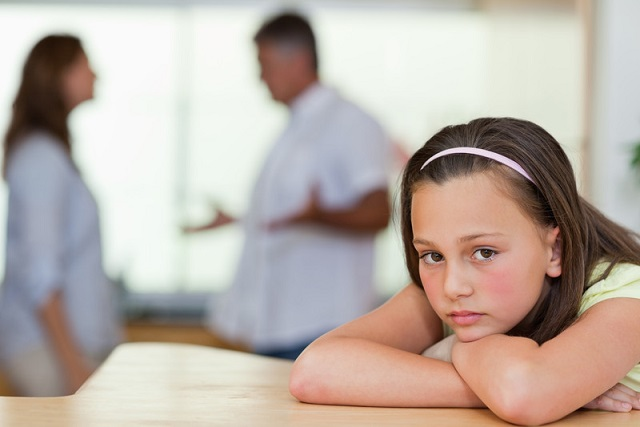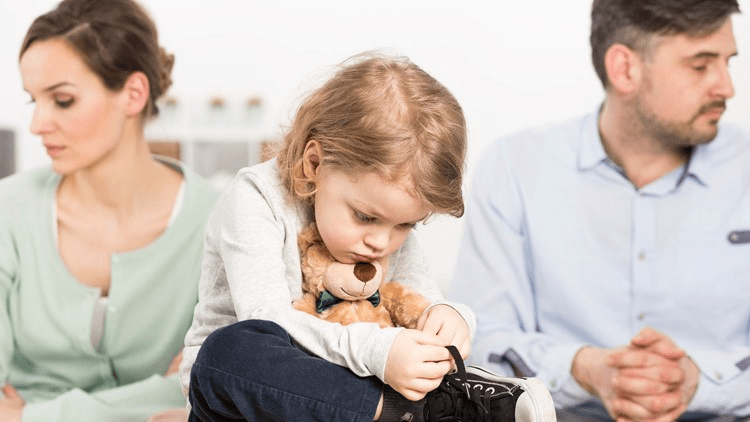Divorced parents do not make the decision to end their marriage lightly, especially when there are children involved. The children would then be raised with separated parents. This could have a big impact on their growth and personal development. When a married couple decides to get a divorce, kids adjust and deal with their own emotions.
All parties go through a hard time especially during the early stages of the divorce, and they all deal with stress and anxiety. Perhaps you are one of the divorced parents of a child and you need more knowledge about legal concepts to do with raising a child with your ex-partner, and co-parenting.
The Family Law Act 1975 deals with family law concerns in Australia. It provides information on the responsibilities parents have over their children, as well as co-parenting arrangements. This article will discuss matters divorced parents need to know and remember.
Child Custody and Parenting Arrangements
Child custody is the main concern of couples before they actually push through with a divorce, especially when the children are still minors. Both the mother and father would want to watch them grow and have a future with them even after divorce. Some countries have laws that favour the mother when it comes to child custody.
However, in Australia, both the mother and the father have equal rights. There is no gender bias in Australian family laws when it comes to custody and co-parenting.
For family laws in Australia, the rights of the children are given preference, not the rights of the parents. The courts base their decision on the child’s best interest. Children’s living arrangements can be complicated after their parents get a divorce. Co-parenting arrangements allow a child’s divorced parents to come into an agreement about how or where their child will live after the divorce.
Divorced parents need to understand that a child’s best interest, such as their safety, emotional well-being, and if they are healthy, should come first over their own personal desires. When deciding on co-parenting arrangements, the Courts consider the child’s well-being and weigh up the value of living with each parent.
Aspects such as access to education, the parents’ decision-making about the care of their child, and how they spend time with their parents are among issues that should be included in any agreement about the children.

Best Interest of the Child
Divorced parents must understand that in every decision involving the divorce, the child’s best interest is always placed first. Divorce may make them feel negative sentiments, which could affect their self-esteem, academic performance at school, and relationship with friends and families.
Kids thrive with parental separation and parental conflict, which could make kids feel angry. Many children struggle with dealing with parents divorce and have difficulty grasping their feelings and what is happening. Section 60CC of the Family Law Act 1975 enumerates primary considerations as well as additional considerations when a court determines what is in a child’s best interest.
Primary considerations:
- The benefit to the children of having a worthwhile and meaningful relationship with both of their parents.
- The need to protect a child from the risk that they may suffer any harm, whether physical or psychological. This includes the need to protect them from being subjected to, or exposed to any form of abuse, neglect or domestic violence.
Among the additional considerations are as follows:
- Views of the children, taking into consideration things such as their maturity and level of understanding,
- How the children relate to their parents and families,
- If the parents are able and willing to facilitate and encourage a proper relationship between the children and the other,
- The effect of any change in circumstances of the children,
- Each parent’s ability for support,
- Characteristics of a child or parent that the court thinks are important, including their maturity, sex, lifestyle and background, and
- Each parent’s attitude to the children and their parental responsibilities.
Equal Shared Parental Responsibility for Divorced or Separated Parents
Ensuring a child’s best interest means that divorced parents have to remember that they have shared parental responsibility. It’s important to understand that equal parental responsibility is different from child custody.
The parent whom the child lives with is not always the one who can make major decisions for the child. Parents need to recognise that there may be times when one has to consult the other parent on life decisions for the child. These life decisions may include where the child attends school, major health decisions, and religious observances.
The Family Law Amendment Act 2006 places an increased focus on the rights of children to have a meaningful relationship with both parents and to be protected from them. The law also sets a presumption that it is in the best interests of the child for each of the child’s parents to have equal shared parental responsibility.
When the Presumption Does Not Apply
It is crucial to know that the presumption does not apply if the following are present:
- one has abused the child or any other child in the parent’s family or the family of the other parent, or
- one has been violent or used threatening behaviour towards a member of the family of either parent.
The presumption does not apply if an ex-spouse engaged in family violence. When it does not apply, the court has to determine how the parental responsibility will be split between the parents. And in making such a decision, the Court’s first consideration will always be the child’s best interest.

When Parental Responsibility Changes
Parental responsibility may change in some situations. One parent may have died or have abandoned the child, or have become too ill to look after the child’s upbringing. A court may decide it is in the best interests of the child to remove parental responsibility from one or both parents.
The law allows courts to make orders transferring legal responsibilities of parenthood and support to somebody else like grandparents, foster parents, legal guardians, or any other relatives.
Parenting Time on Parents Divorce
Shared parental responsibility is not the same as equal time. There is no rule that children must spend equal or “50:50” time with each parent. In most cases, it’s best that both parents of divorce talk about their child’s individual needs, their future, which schools to attend, and how they will co parent. Parents will spend equal time with a child only where:
- they can agree to this arrangement, or
- a court finds that equal time is in the best interests of the child and is the most suitable arrangement.
Why You Should Seek Legal Advice
When the parents of the child push through with a divorce, differences in their views as to how to raise their child tend to become an issue.
The law requires divorced parents to attempt to resolve those issues by mediation with a Family Dispute Resolution Practitioner (FDRP). If the parents cannot reach an agreement, then it may be necessary to go to Court to get resolution of the dispute between them.
To avoid further conflict, JB Solicitors advises to seek legal aid from a family lawyer to discuss how the Family Law Act deals with divorce, parents separation, and co-parenting arrangements. Send an enquiry to JB Solicitors today and talk to our leading team of lawyers.
